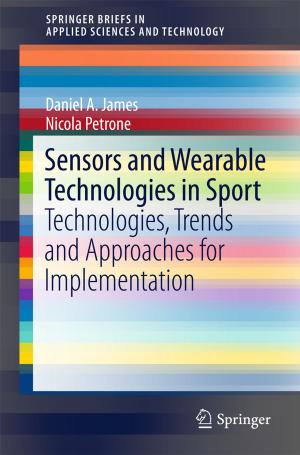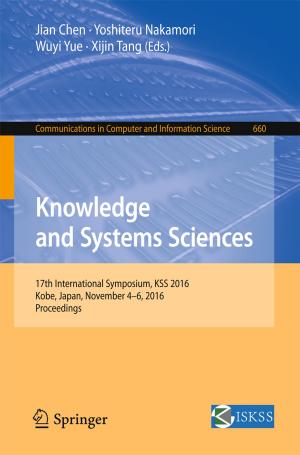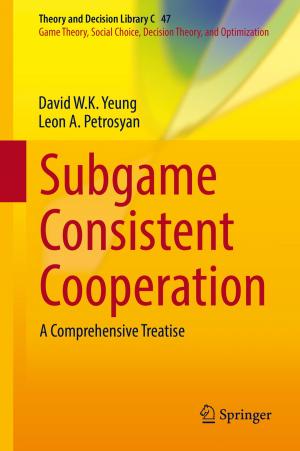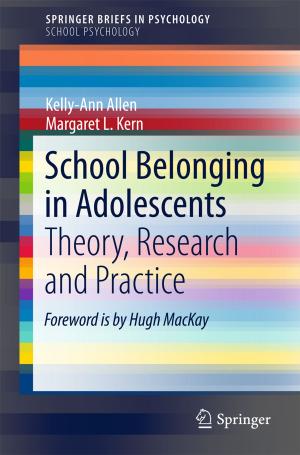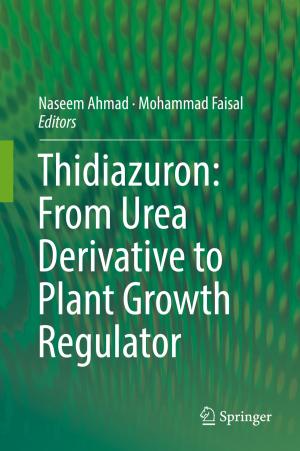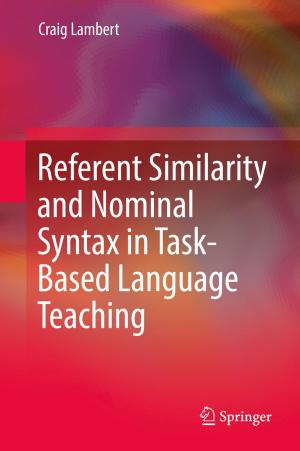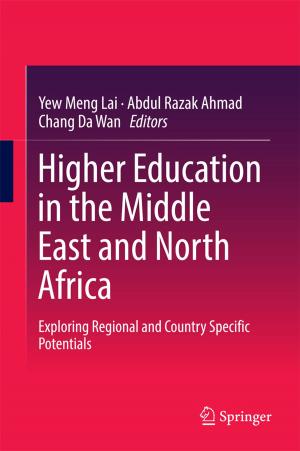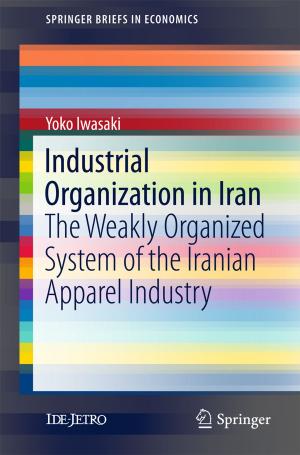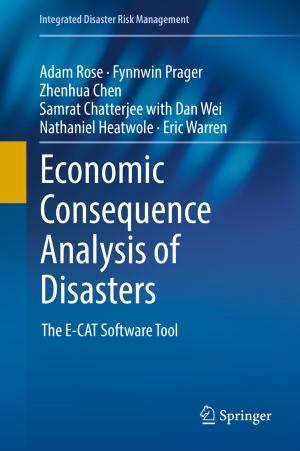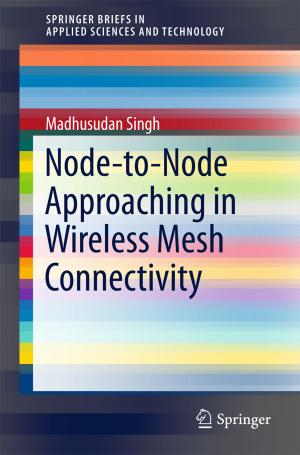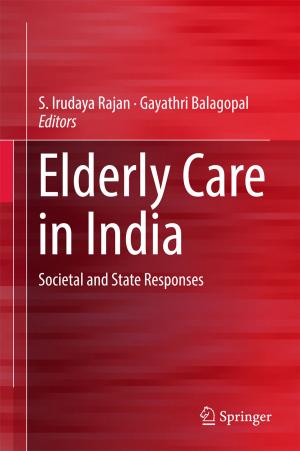Asia Literacy in a Global World
An Australian Perspective
Nonfiction, Reference & Language, Education & Teaching, Educational Theory, Curricula, Educational Reform| Author: | ISBN: | 9789811310683 | |
| Publisher: | Springer Singapore | Publication: | August 20, 2018 |
| Imprint: | Springer | Language: | English |
| Author: | |
| ISBN: | 9789811310683 |
| Publisher: | Springer Singapore |
| Publication: | August 20, 2018 |
| Imprint: | Springer |
| Language: | English |
This book is particularly timely in light of continuing international efforts to integrate Asia literacy into a national educational system where understanding of Asia – its languages, cultures, histories, and beliefs – is still at an emergent stage for a nation that is evolving into what George Megalogenis refers as ‘an Eurasian society’ (2015).
The contributors to this collection range from the pioneers who created and developed the Asia literacy research space, to those who bring additional new theoretical insights through disciplines such as linguistics and ethnography. Their analysis has resulted in recommendations to develop a deeper understanding of working and living in diverse communities. The book also brings together theoretical perspectives on the current Australian socio-cultural and political context and how that can impact on pedagogical advancement in Asia literacy.
The book argues for a broadening focus on what the outcomes Asia literacy in a global world can be for all Australians and offers counter narratives to the myth of a homogenous ‘White Australian culture’, to provide new ways of engaging with curriculum and pedagogy that transcend superficial awareness of multiculturalism to embrace realistic and reflective principles of global education.
This book is particularly timely in light of continuing international efforts to integrate Asia literacy into a national educational system where understanding of Asia – its languages, cultures, histories, and beliefs – is still at an emergent stage for a nation that is evolving into what George Megalogenis refers as ‘an Eurasian society’ (2015).
The contributors to this collection range from the pioneers who created and developed the Asia literacy research space, to those who bring additional new theoretical insights through disciplines such as linguistics and ethnography. Their analysis has resulted in recommendations to develop a deeper understanding of working and living in diverse communities. The book also brings together theoretical perspectives on the current Australian socio-cultural and political context and how that can impact on pedagogical advancement in Asia literacy.
The book argues for a broadening focus on what the outcomes Asia literacy in a global world can be for all Australians and offers counter narratives to the myth of a homogenous ‘White Australian culture’, to provide new ways of engaging with curriculum and pedagogy that transcend superficial awareness of multiculturalism to embrace realistic and reflective principles of global education.

